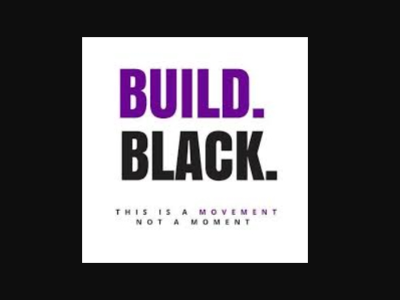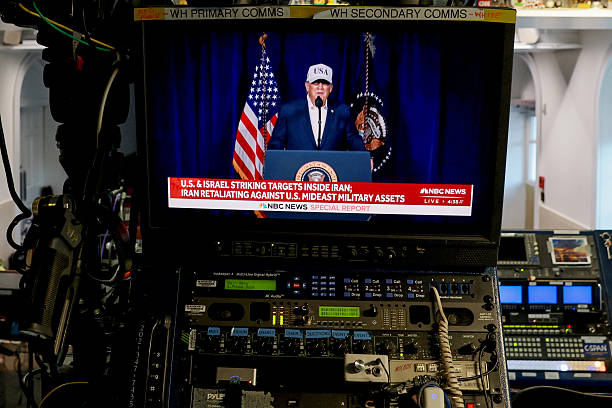(ThyBlackMan.com) The biggest story in recent news cycles, aside from Gabby Petito (White Lives Matter), has been the disruption of the global supply chain: goods on cargo ships waiting to fill store shelves. Perhaps you’ve noticed it browsing the aisles of your neighborhood supermarket.
What’s not being covered however, is why so many ships are backed up. We don’t make anything anymore, it’s all imported. Our Gross Domestic Product (GDP) is 70% personal consumption or consumer spending. Versus 38% for China, the number two economy. We saw at the beginning of the pandemic we couldn’t even supply the necessary PPE (masks, gowns and gloves) for our healthcare workers. Remember all that talk about the Defense Production Act usually reserved for wartime.
The post-pandemic world is being restructured and if we want to play, we better act now to get in on it. If the Monopoly game is capitalism, European Americans got to ‘pass Go’ 246 times (1619 to 1865) before we even had a chance to roll the dice. When we got a chance to play, they either changed the rules to take our property (Bruce’s Beach) or destroyed what we had amassed (Tulsa).

This time has to be different. But first we need to understand American capitalism as it is today and figure out where we can fit in. Three numbers reveal a disturbing portrait of our economy: Again, 70% of our GDP is consumption, 80% of the jobs are in service industries and only around 60% of working age adults are in the labor force (either working or looking for work).
In city after city across America, vacant buildings litter former industrial sites that fell prey to “off-shoring” which accelerated in the latter part of the 20th century. In the span of my lifetime I have seen Japan go from the rubble and ashes of World War II, to the third largest economy in the world. And it started with them manufacturing cheap goods, before moving up to consumer electronics and automobiles. Most light manufacturing is now done in places like China, Korea, Indonesia and Vietnam. Our pharmaceuticals come from India.
Whatever money cities get from the Build Back Better pieces of legislation, Mayors and City Councils would be smart to promote re-industrialization of some of these sites to take advantage of gaps in the supply chain and bring good-paying jobs back within their city limits. For example, what if Nike, which makes virtually all of its shoes at contract factories overseas, began to manufacture in urban centers. A brother can take one of those contracts to the bank. Sneaker sales top $70 billion annually.
This would help to diversify the urban employment base from over-reliance on low-wage service jobs. Companies that make sneakers need bankers. Workers with higher incomes lessen the critical need for affordable housing and free up some existing subsidized units. Not to mention increasing the tax base.
More jobs, with good pay and benefits, would also help to increase the labor force participation rate. Employers were blaming unemployment payments for keeping people from returning to work, but when those benefits were cut, there was no appreciable gain in workers. In fact, August saw a record four million plus people quit their jobs in what has come to be called “the Great Resignation.”
All of what COVID has exposed presents opportunities to build stronger communities and a more sustainable economy. By moving light manufacturing back on shore, money saved on shipping and related costs alone could allow employers to increase wages with a negligible effect on profits. There can be no redistribution of income without the redistribution of jobs.
As part of re-thinking our K-12 education, we should revive technical training for those students with the aptitude for the types of occupations light manufacturing would entail. Instead of long commutes to suburban industrial parks, where there is often no public transportation to get them there, these “inner-city” kids could have good jobs closer to home where transportation is available.
For the trillions of dollars promised, we must ensure that those with the least benefit the most. Or else this will just be a continuation Ronald Reagan’s “trickle-down economics” that favors the rich and exploits working people. It starts with us retuning to buying what we make and making what we buy. And our cities are the perfect place to start.
Staff Writer; Harry Sewell

















Leave a Reply